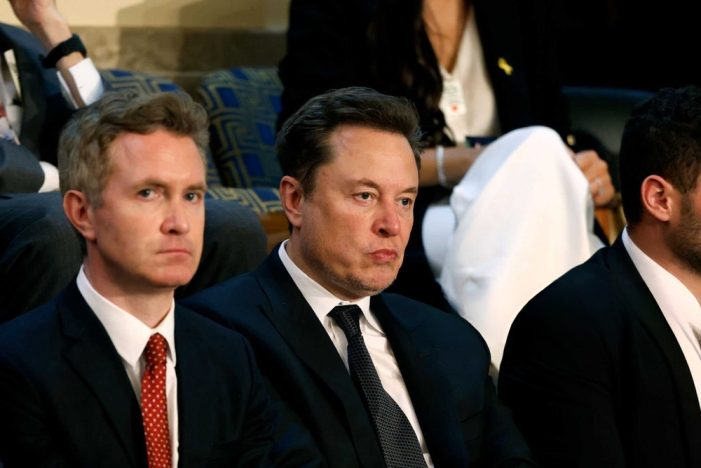By Esther Claudette Gittens | Editorial credit: Anna Moneymaker / Shutterstock.com
Elon Musk, the CEO of companies like Tesla, SpaceX, and the owner of the social media platform X (formerly Twitter), has been a polarizing figure in recent years. His statements and actions have raised concerns among marginalized communities, including Black individuals, women, and LGBTQ+ groups. Here are eight reasons why these communities might consider economically boycotting Musk’s products and services:
1. Endorsement of Racist Theories
Musk has been criticized for endorsing tweets that propagate racist stereotypes. For instance, he supported a tweet suggesting that Black students at Historically Black Colleges and Universities (HBCUs) have lower IQs, a baseless and offensive claim that perpetuates harmful racial biases. Source: Futurism
2.Increase in Hate Speech on X
Since Musk’s acquisition of X, there has been a reported surge in hate speech on the platform, including anti-LGBTQ+ slurs. This rise has created a hostile environment for marginalized users, leading to calls from civil rights groups for advertisers to boycott the platform. Source:Advocate.com
3. Transphobic Statements
Musk has made several transphobic remarks on social media, including mocking the use of pronouns and expressing disdain for gender diversity. Such statements contribute to the marginalization of transgender individuals and undermine efforts toward inclusivity. Source: LGBTQ Nation
4. Hostility Toward Advertisers’ Concerns
When advertisers expressed concerns about the content moderation policies on X and chose to pause their advertising, Musk responded with hostility, telling them to “go f–k yourself.” This dismissive attitude toward legitimate concerns about hate speech and misinformation reflects a lack of commitment to creating a safe environment for all users. Source: Time
5. Legal Actions Against Advocacy Groups
Musk’s company, X, has filed lawsuits against organizations and companies that have advocated for responsible advertising and content moderation. These legal actions are seen as attempts to silence critics who are pushing for safer online spaces, which disproportionately affects marginalized communities. Source: Yahoo Finance
6. Promotion of Far-Right Content
Musk has been accused of amplifying far-right content and conspiracy theories on his platforms. For example, he has interacted with and promoted content from individuals known for spreading misinformation and hate speech, which can embolden discriminatory ideologies. Source: Vox
7. Inadequate Response to Workplace Discrimination
There have been reports of discriminatory practices within Musk’s companies, including allegations of racial discrimination and sexual harassment. The perceived lack of adequate response to these issues raises concerns about the corporate culture and commitment to diversity and inclusion.
8. Undermining Efforts Toward Social Justice
Musk’s public statements and actions have, at times, undermined efforts toward social justice. His dismissal of concerns related to systemic racism and social inequality can be seen as disregarding the experiences and struggles of marginalized communities.
Conclusion
Given these concerns, marginalized communities may consider boycotting Elon Musk’s products and services as a form of economic protest. Such a boycott can serve as a powerful statement against the perpetuation of harmful ideologies and practices, advocating for greater accountability and inclusivity in corporate leadership.

